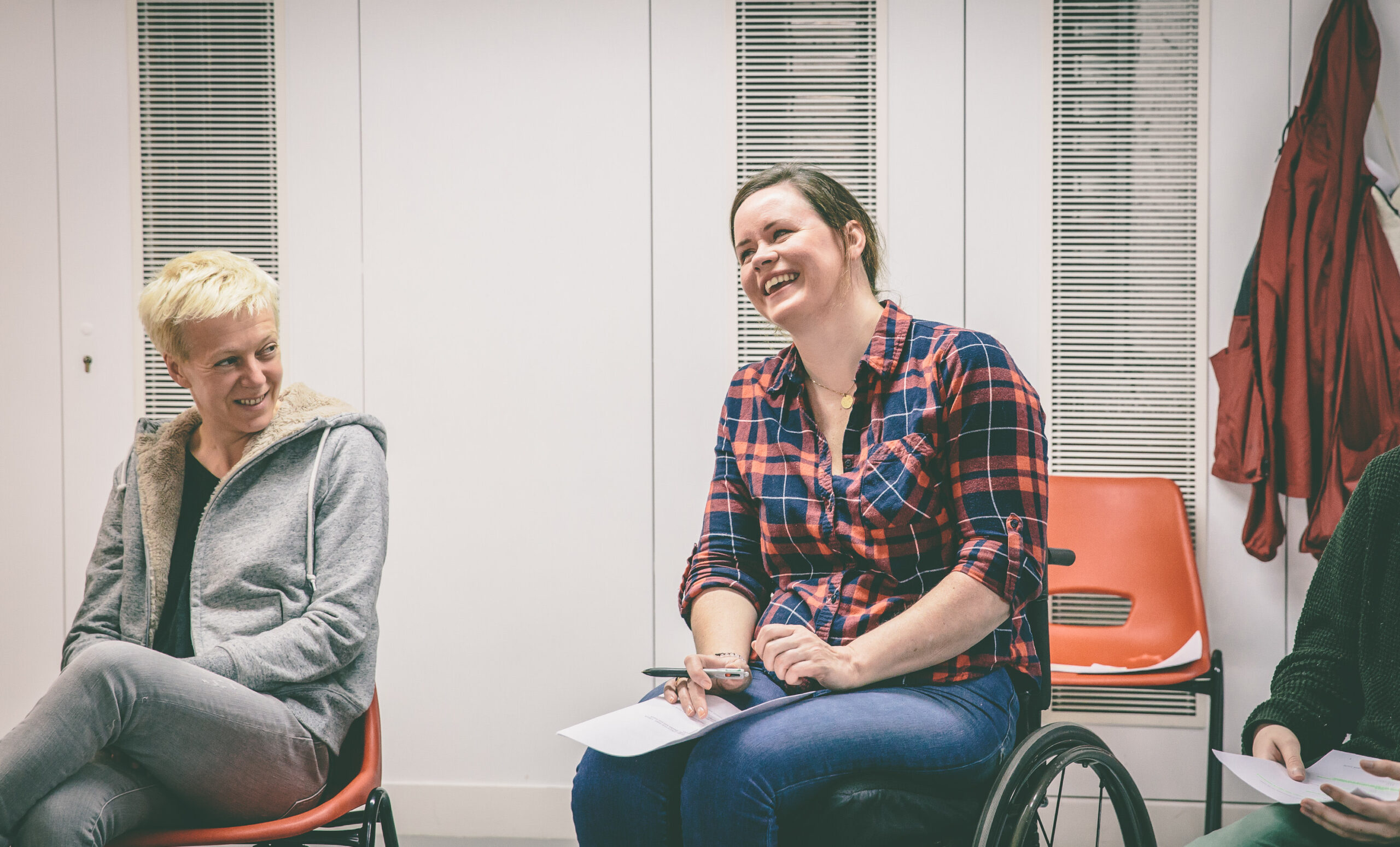When tackling anxiety and depression, there are a variety of methods that can help – here’s our introduction to a few kinds of therapy you might consider to tackle disrupted mental health…
As part of our series on mental health this Mental health Awareness Week, here is our guide to different approaches that you might consider when figuring out a way to tackle anxiety and depression. Different methods work for different people; here’s some of the essential info to help you on your way.
When you’re looking for someone to talk to about issues you’re experiencing, it can be hard to know where to start – not least with finding a suitable therapist or counsellor, but even in figuring out what possible methods there are for tackling your concerns. If you’re looking to speak to someone about anxiety or depression but are not sure where to begin, here is our guide as a starting point. It should be noted that even if you get a bit of a feel of the methods out there, you should always visit your GP in the first instance to find out what services are on offer in your area.
Although many styles of therapy have been shown to achieve good outcomes, finding the right approach for you is important. A good place to start is to take a look at Mind, who have some great information about initial steps – including recognising your own symptoms and thinking about different kinds of therapies or treatments on offer. If you’re looking for something more official, the NICE guidelines for anxiety and depression offer the best information used by mental health care professionals on symptoms, next steps and more. If you’re ready to look for specific help and need someone to talk to, start by looking for an accredited therapist who is registered with a regulating body, either the UKCP or BACP, and who ideally has experience in handling the issues you’re facing.
Depending on the area in which you live, the NHS can be an invaluable resource for finding support for mental health issues. Though you may find you have to wait a few months to get a telephone assessment before being referred to counselling, it is the most affordable option. If you’re really unable to cope whilst waiting – namely, unable to manage your daily routine, work, etc – and cannot afford to seek a private therapist, you could ask your doctor about medication that may be available to you.
If you’ve never had therapy before and are unsure of what it entails, it can be worth enquiring for an initial assessment. Have a think before you get there: what are you looking for from therapy? Do you just need to offload, or do you have symptoms to deal with? Is it behaviours you hope to change, feelings, a combination? Thinking about these things a little yourself can help to direct you towards the best kind of therapy for you.
Everyone can benefit from therapy, and the usual initial start would be an assessment (in person if going private, or a telephone assessment first if through the NHS), followed by 6 sessions. This is a good trial period for both you and the therapist or counsellor to see if the relationship works for you, and whether you feel the sessions are beneficial. Building trust and forming this relationship is integral to benefiting from therapy, and it may be that the first therapist you experience doesn’t practice the right approach for you.
Below is a list of a few of the more common approaches that you may have come across:
Cognitive Behavioural Therapy
Most commonly offered on the NHS, this type of therapy can also be done partly remotely, not just in person. CBT combines cognitive therapy and behavioural therapy, and its focus is on changing thoughts and behaviours around situations and difficulties, so as to reduce anxiety and help you deal with stress. It’s goal-led and therapist-led, which means that while your therapist will often help initiate the exercises you’ll do, it’s up to you to put in the time to giving them a go to get the most from this approach.
When you have a negative interpretation of a situation, it can lead to negative emotions and behaviours, which forms a continuous cycle – your negative behaviours can create further negative emotions, and so on. CBT offers you a technique to address parts of the cycle and has been proven to be very effective at helping reduce the actual display of symptoms and reduce negative behaviours.
Psychodynamic Therapy
The psychodynamic approach comes from Sigmund Freud and was further developed by Carl Jung (and many others since!). It specifically focuses on issues within your past that may be the root cause of problems you’re facing today. It helps you to build insight and self-awareness to empower you to move forward with the tools you need to handle any future difficulties. It’s therefore all about bringing the unconscious into consciousness, and as it’s not so goal-orientated as CBT – it’s more about exploring you as an individual – it benefits those who are really looking to better understand themselves. The relationship you form with the therapist happens over time and will need to be one of strong trust, as you have to be willing to be open and honest. While this can feel less directly practical than CBT, there are positive results to suggest you’ll be able to work through problems for the benefit of the long term.
Person-Centred Counselling
This approach developed by Carl Rogers is a humanistic therapy – it’s all about looking at how you perceive yourself consciously, rather than the therapist trying to interpret your unconscious thoughts or ideas about yourself or difficulties you are having. With the focus on the client and therapist relationship, this method emphasises an equal and empathic relationship through which we can come to a place of self-awareness, realising what is harming and what is healing for each of us. The person-centred approach empowers you to come to your own realisations about situations in your life, and through constructive communication you may realise therapeutic change.
A person-centred therapist will talk through three core conditions for the therapy to succeed: empathy, unconditional positive regard and congruence. If these core conditions are in place, the relationship between you and the therapist can help you to feel differently about yourself and your life. The big difference in this type of therapy is that your therapist isn’t going to assume they have all the knowledge to answer all your difficulties or internal conflicts – much of this approach is about shifting you towards your own capacity for healing and growth, by addressing your concept of yourself and perception of the world.
Integrative Counselling
An integrative therapist will develop an approach to therapy sessions by drawing on several different theories, and the therapy is tailored to you as a result. Integrative counselling has the view that there’s no one way to treat any individual problem – each person is considered as a whole, and there’s no single approach that works for each of us, so through the combination of different therapeutic tools, the therapist will adapt an approach to fit your needs.
This is a great methodology for those who are up for actively exploring their experience. It requires in-depth discussion, so therefore requires a bit of a commitment from you to work best. Dealing with the root of a lot of the causes of anxiety and depression takes time, and Integrative Counselling is great for offering flexibility and a holistic approach.
If you are experiencing mental health issues, always speak to your doctor first. They can refer you to the NHS counselling service and also may be able to recommend a local qualified psychotherapist. If you are having severe symptoms of depression and need urgent help, call 111 or 999 and speak to someone ASAP. If you need to talk to someone, you can also call the Samaritans any time.
For a more comprehensive guide to types of therapy, check out the ArtsMinds information hub. BAPAM also has a variety of resources and a Directory of Practitioners as a starting point.












